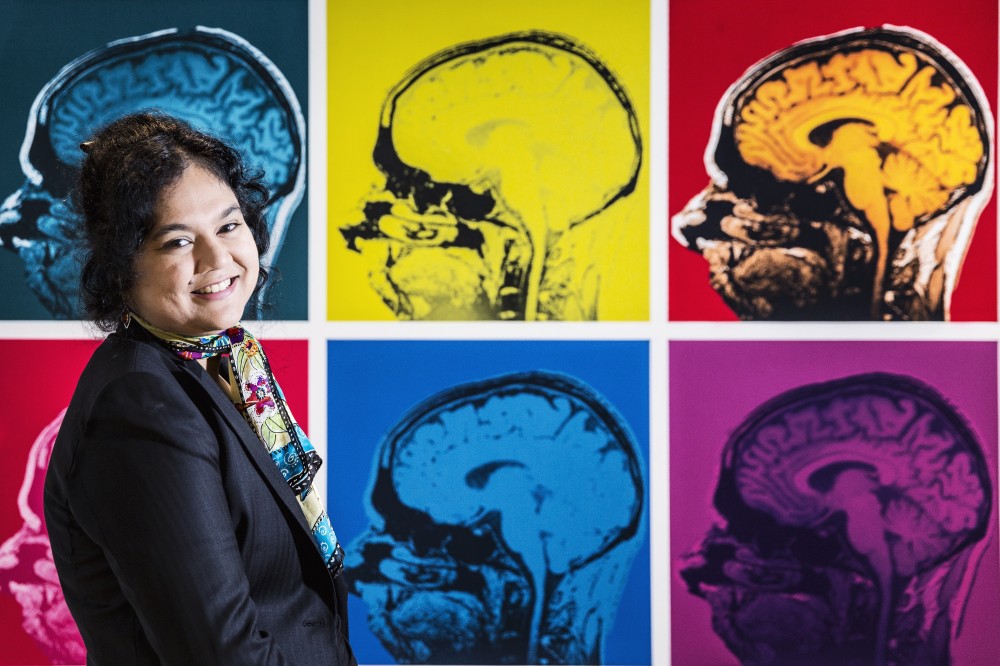Dr Rina Dutta is a Clinical Senior Lecturer at King's College London and a Consultant Psychiatrist at South London and Maudsley NHS Foundation Trust. Rina investigates the factors that lead people to attempt suicide or self-harm.
A lot is written about the damage and harm that social media could be doing to our well-being but I’m looking at how it can be used to help us research mental health.
More and more people regularly write about their experiences publicly on social media platforms like Twitter and Reddit. Unlike medical notes, these public forums capture people’s experiences first hand.
Just imagine if the language of the internet – everything from words and emojis to symbols, gifs and abbreviations – could help us to treat the one in four people who will be affected by mental health disorders.
My team uses technology to successfully identify and classify public social media posts related to specific mental health disorders. We look at everything from the words people choose to sentence length, to give us better insight into mental health.
We’re just scratching the surface, but this technology could provide new insight into the prevalence of certain mental health conditions. And help us prioritise research into new treatments. This could ultimately help us deliver new kinds of interventions for mental health, using social media.
You may also have heard about the NHS switch to electronic health records. The ‘big data’ that can be extracted anonymously from these records gives doctors the chance to understand important health trends and treatments.
As a psychiatrist, I work to spot patterns of behaviour and understand when people are particularly vulnerable to suicidal thoughts, ideas, planning and intention. I study thousands of anonymised patient records to find signs or patterns of behaviour indicating a heightened suicide risk. This could lead to the development of analytical tools for doctors so that we can gain more understanding from medical records and a better picture of an individual patient.
Health records will be more than just an archive to deposit information – they will become a pattern spotting tool, an interactive platform, which truly helps patients.
This work is possible because I have a Clinician Scientist Fellowship from the Health Foundation and the Academy of Medical Sciences. This allows me to do research that will help patients in the future alongside treating my current patients. I also benefit from the Academy’s mentoring scheme which has given me a broader perspective on my research. In return, I sit on the mentoring scheme advisory group and I’m helping the Academy develop its new Leadership Programme.
There are many different aspects to my work but they are all driven by a powerful motivation - the knowledge that this research has the capacity to bring real benefits to patient care and, ultimately, avoid unnecessary lives lost to suicide.

Dr Rina Dutta is an Academy Clinician Scientist Fellow. She attended the BBC showcase for Academy women experts . She is also a mentee through the Academy’s acclaimed mentoring programme.
To find out more about supporting the work of the Academy, please see our dedicated support us webpage .